A Little Fish with Big Impact In Trouble on U.S. West Coast

Scientists are concerned that officials waited too long to order a ban on U.S. Pacific sardine fishing that goes into effect July 1. The dire state of the sardine population is a cautionary tale about overharvesting these and other forage fish that are a critical part of the marine food web.
Suspended Sediment Makes it Harder for Fish to Breathe
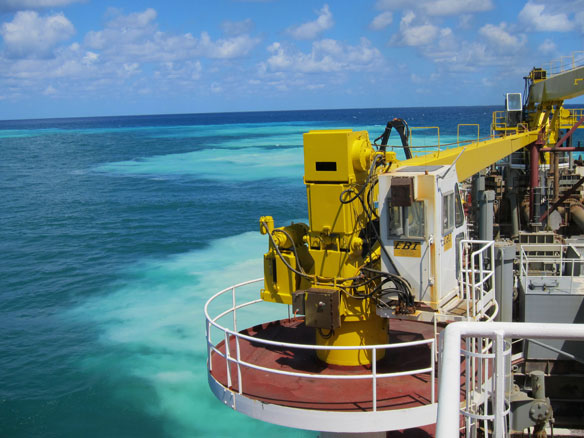
Researchers have discovered that suspended sediment damages fish gills and can increase the rate of disease in fish. Suspended sediments result from flood plumes, coastal agricultural and industrial development and from dredging operations and are increasing in coastal waters worldwide.
Largest Turtle Breeding Colony in the Atlantic Discovered
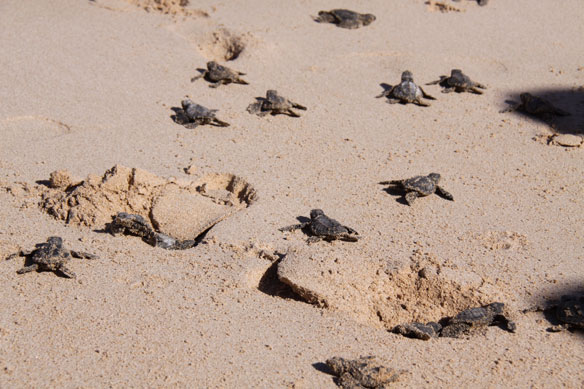
A huge ground survey covering nearly 600 km of Gabon’s coastline has uncovered the largest breeding colony of olive ridley turtles in the Atlantic.
U.S. Hopes Chinese Island-Building Will Spur Asian Response

Washington hopes Southeast Asian nations to take a more united stance against China’s rapid acceleration this year of construction on disputed reefs.
Potential of Seagrass to Combat Climate Change
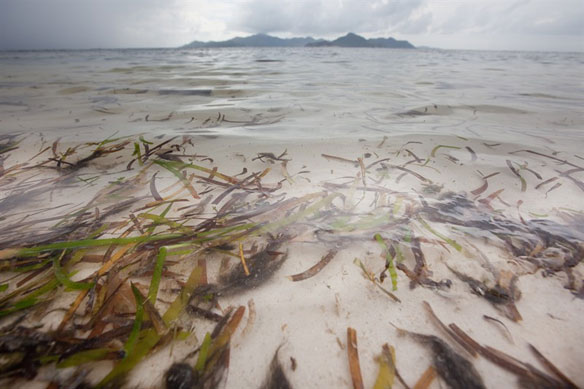
Seagrass ecosystems could play a key role in combating climate change, researchers have discovered. However, due to their shallow coastal habitat the aquatic plant is particularly prone to human disturbance – globally 24 per cent of seagrass species are now classified as threatened or near threatened.
Study: Why Blue Whales Can’t Avoid Barges, Ocean Liners
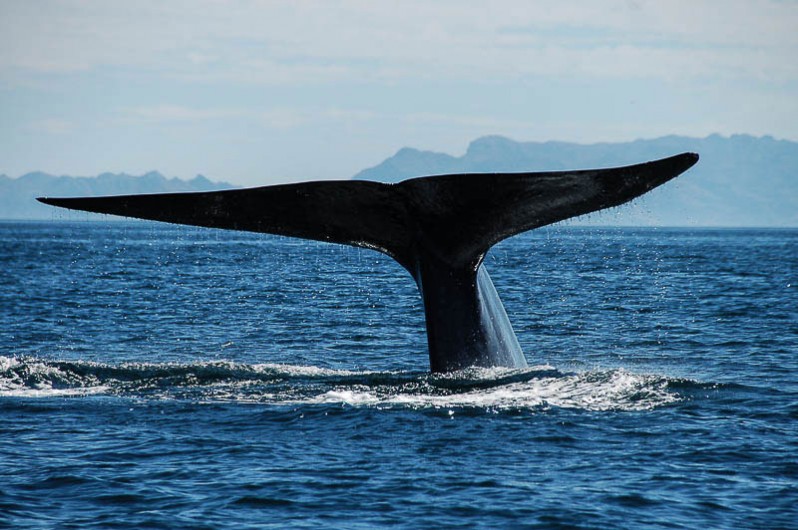
A new study reveals why ocean-going ships pose such a big threat to the whales: the gentle giants simply don’t know how to get out of the way.
Giant Waves Quickly Destroy Arctic Ocean Ice and Ecosystems
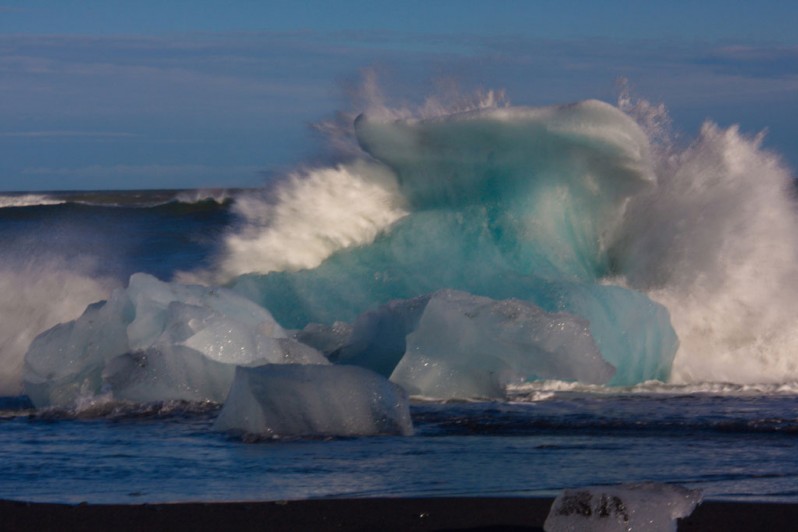
Scientists had never imagined that Arctic waves could break up pack ice so quickly. The chance encounter of a research vessel with the largest waves ever recorded amid floating packs of Arctic ice shows how such rollers could reroute shipping, damage oil platforms and threaten coastal communities with erosion.
Tropical Marine Ecosystems Most at Threat from Human Impact
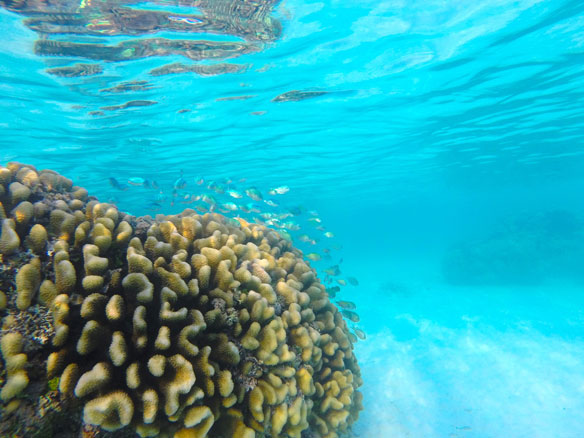
An international team of scientists has used the 23-million-year fossil record to calculate which marine animals and ecosystems are most at risk of extinction today.
Seaweed Might Have The Power To Make The Oceans Less Acidic
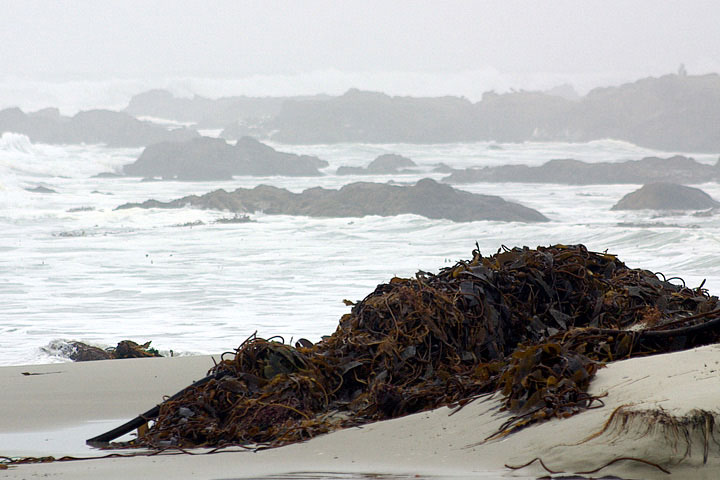
The thick, slimy brown ribbons are notorious for tangling the ankles of beachgoers and rotting in pungent piles. But kelp, according to its growing fan base, could also prove potent in protecting the health of oceans, and us.
